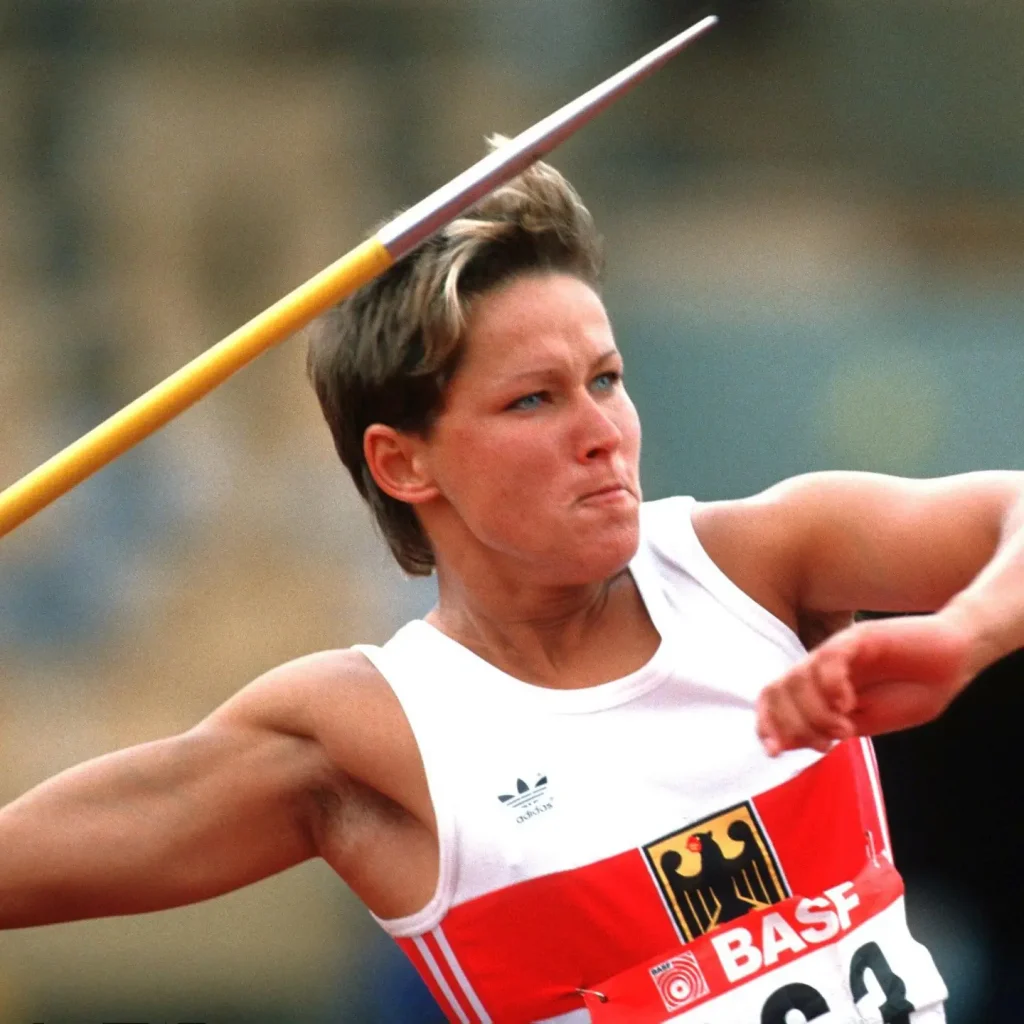East v West – Germany’s drug-fuelled Cold War for medals
2 min read
East v West – Germany’s drug-fuelled Cold War for medals
In the midst of the Cold War, East Germany and West Germany engaged in a fierce competition for Olympic glory. Both sides were determined to prove their superiority not just in politics and economics, but also in sports.
However, behind the scenes, a dark truth was unfolding – the widespread use of performance-enhancing drugs. East Germany, in particular, was notorious for its state-sponsored doping program, which aimed to ensure its athletes dominated the podium.
Meanwhile, West Germany also faced accusations of doping, but to a lesser extent. The quest for medals had turned into a drug-fuelled Cold War, with athletes paying the price for victory.
Despite the controversies and scandals, both Germanys continued to excel in various sports, from track and field to swimming. The rivalry between the two countries only fueled their determination to outperform each other.
As the world watched, the true cost of victory became apparent – the health and well-being of athletes were sacrificed for the sake of national pride. The consequences of the drug-fuelled Cold War would leave a lasting impact on the world of sports.
Decades later, the legacy of East and West Germany’s drug-fuelled competition still lingers, serving as a cautionary tale of the dangers of sacrificing ethics for success. The pursuit of victory at all costs ultimately tarnished the reputations of both nations.
Today, efforts are being made to clean up sports and ensure fair competition for all athletes. The lessons learned from Germany’s drug-fuelled Cold War serve as a reminder of the importance of integrity and sportsmanship in the pursuit of excellence.
Ultimately, the true winners are those who compete honestly and with honor, regardless of the outcome. The drug-fuelled Cold War between East and West Germany may have ended, but its impact continues to resonate in the world of sports.




